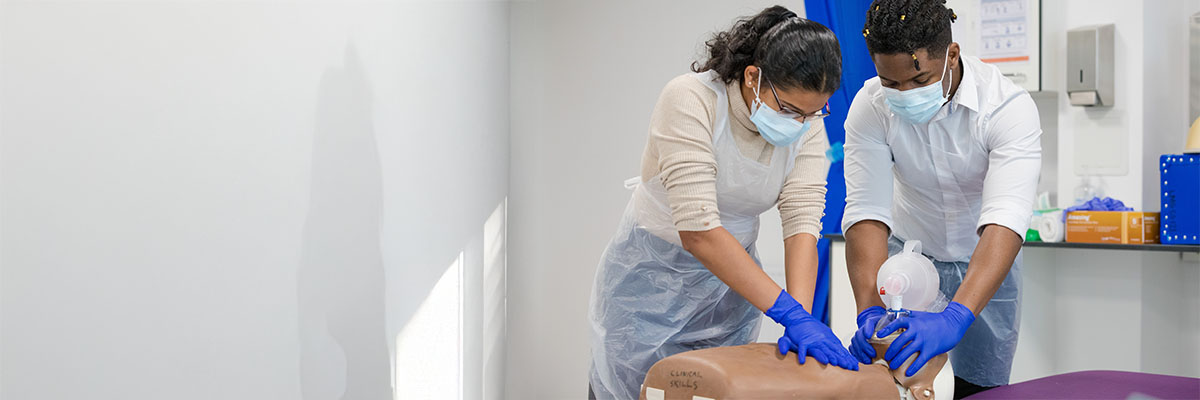Fitness to practise
Finally, you will be assessed on your fitness to practice.
The professional body that governs medical practice in the UK, the General Medical Council (GMC), has specific requirements to protect staff and patient safety. In accordance with these requirements, all medical students must have the ability to function as a fully competent doctor and fulfil the rigorous demands of professional fitness to practise.


